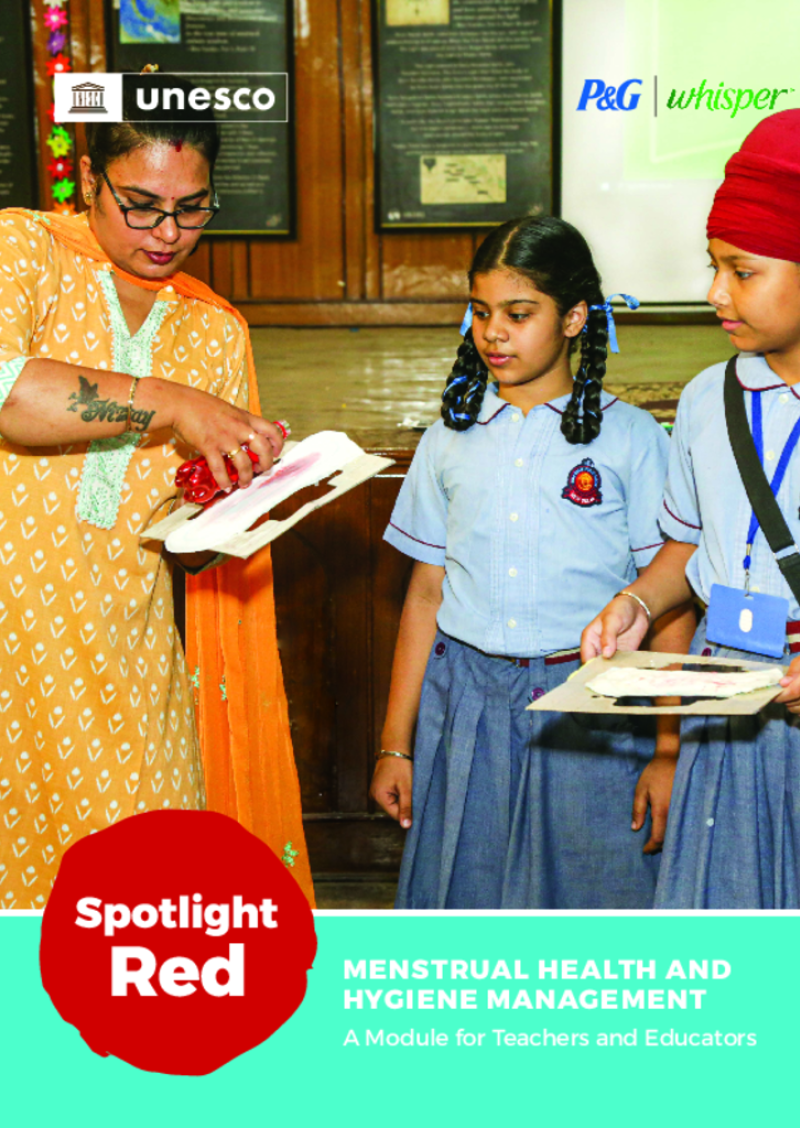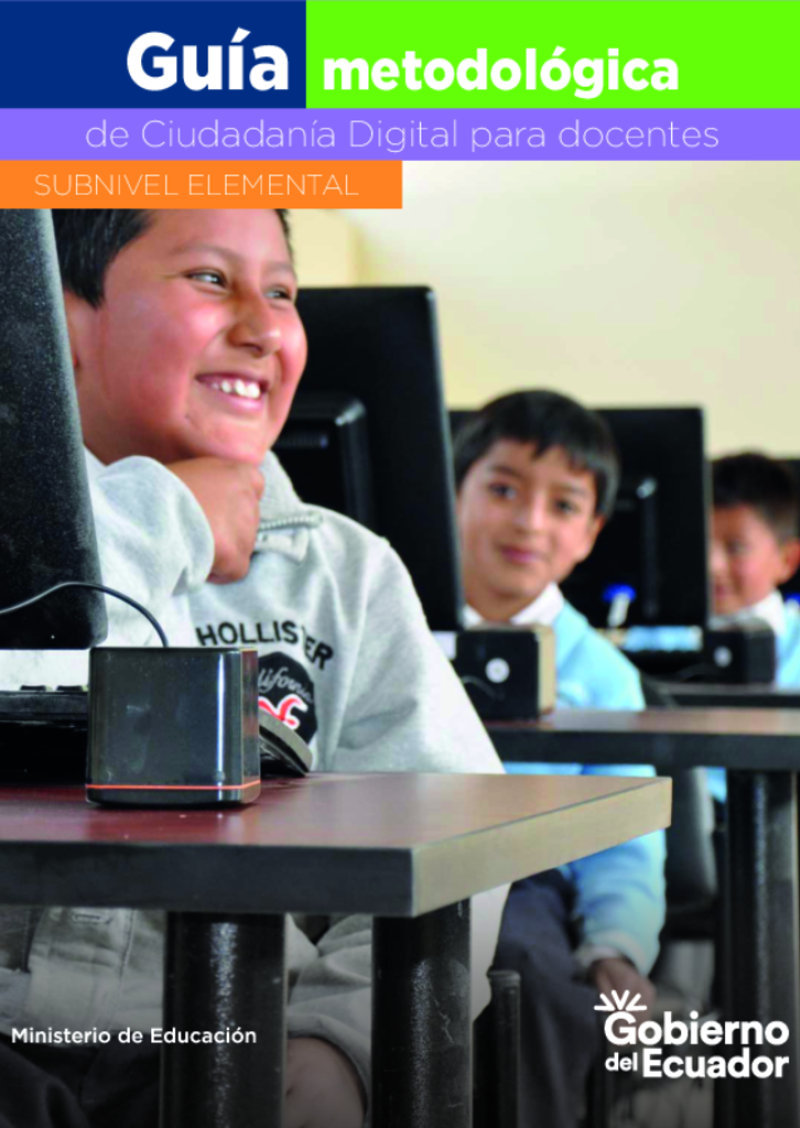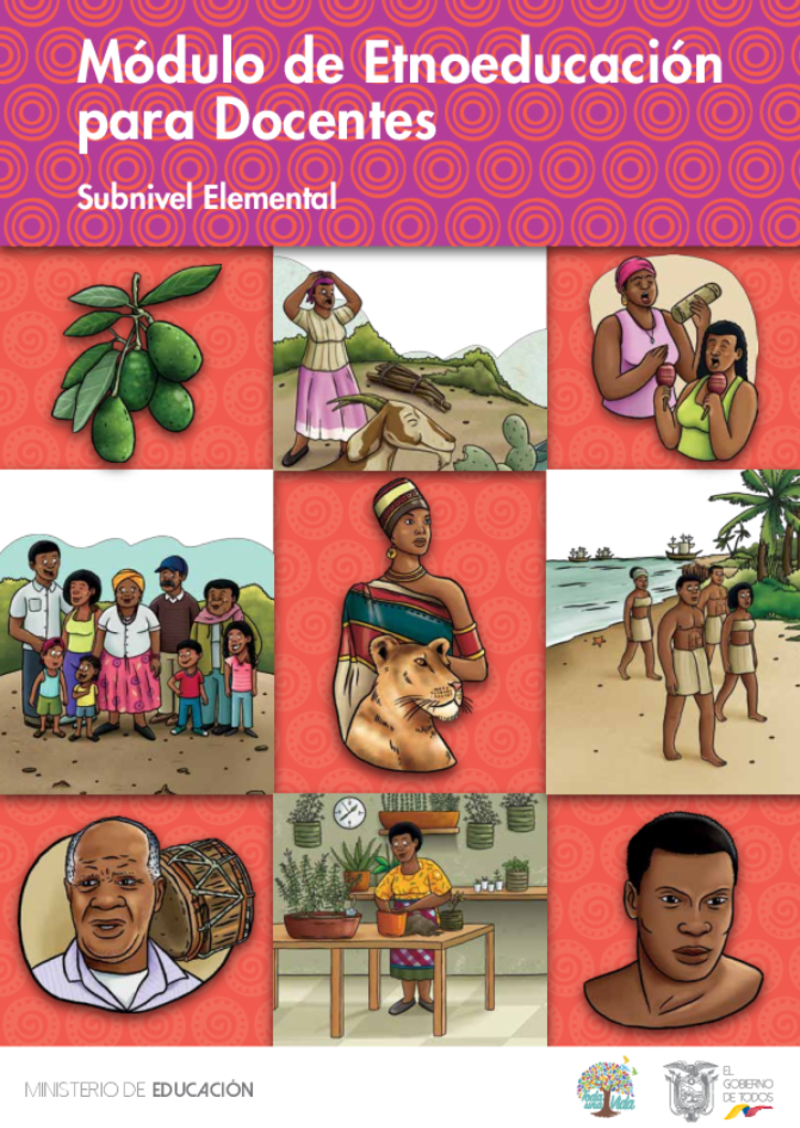Teacher Resource Centre
Displaying 1 - 5 of 5
Menstrual health and hygiene management: a module for teachers and educators
This publication is part of a series of teaching-learning modules developed by UNESCO and P&G Whisper India with the goal of integrating period and puberty education in school curricula. The series is structured into five modules that address key intervention areas related to MHHM, including: 1. building a curriculum that understands the biological and social impacts of puberty; 2. guiding teachers on the menstrual hygiene education curriculum; 3. providing teaching-learning materials geared towards addressing the specific needs of girls with disabilities; 4. highlighting the impact of gender inequalities on menstrual health and hygiene for both girls and boys; and 5. addressing nutritional approaches related to menstrual health and hygiene. This teaching-learning module was developed for teachers working in various contexts and with diverse needs and aims to support them in initiating conversations around MHHM and including the subject in school curricula for students across the gender spectrum. The purpose of this module is to provide facilitators with multiple and comprehensive strategies that lead to positive changes in attitudes, behaviours and practices around menstruation. Each chapter contains explanations of the subject at hand, stories, case studies, learning activities, illustrations and tables designed to provide a better understanding of the issues surrounding MHHM. A glossary is also included to ensure that you, the reader, become familiar with different terms related to menstruation.
Guía metodológica de Ciudadanía Digital para docentes - Subnivel Elemental
Este recurso sobre ciudadanía digital ofrece definiciones clave y aborda problemáticas como la alfabetización digital, la convivencia en línea, y la protección y seguridad. Se exploran temas como la autorregulación, la privacidad, el discurso de odio, el cyberbullying y el grooming. Además, se fomenta la reflexión sobre noticias falsas, identidad digital y estereotipos, así como la creatividad y participación en el entorno digital. También se discuten los derechos digitales y la legislación relacionada con el uso seguro de Internet para niños y adolescentes en Ecuador.
Aprender haciendo con experiencias etnoeducativas
Esta guía a destinación de los docentes busca implementar la educación intercultural bilingüe, enfocándose en la etnoeducación afroecuatoriana. Ofrece ejemplos prácticos, orientaciones metodológicas y estrategias para ajustar los contenidos curriculares. Además, promueve la formación continua de docentes y la participación comunitaria, fortaleciendo la identidad cultural y la memoria colectiva. También sugiere el uso de herramientas tecnológicas y materiales didácticos para enriquecer el aprendizaje.
Módulo de Etnoeducación para Docentes - Nivel Elemental
Este recurso pedagógico a destinación de los docentes y elaborado por el Ministerio de Educación de Ecuador, incluye definiciones desde distintas perspectivas, como la sociológica y la psicopedagógica. Proporciona una contextualización curricular, vinculando los aprendizajes y competencias definidos en el currículo nacional ecuatoriano. Además, ofrece planes de lecciones y recursos para trabajar con alumnos desde la educación primaria hasta la secundaria baja, abordando temas históricos, de organización social y de las tradiciones de las poblaciones afrodescendientes del país.
Teaching and Learning with Living Heritage: A Resource Kit for Teachers
This resource kit includes several components that provide teachers with information on why and how to incorporate living heritage into their school based activities. It was developed as a result of the UNESCO–EU initiative on cultural heritage and education, under the European Year of Cultural Heritage in 2018, and it builds on projects across a variety of subjects developed by teacher from 10 countries.




